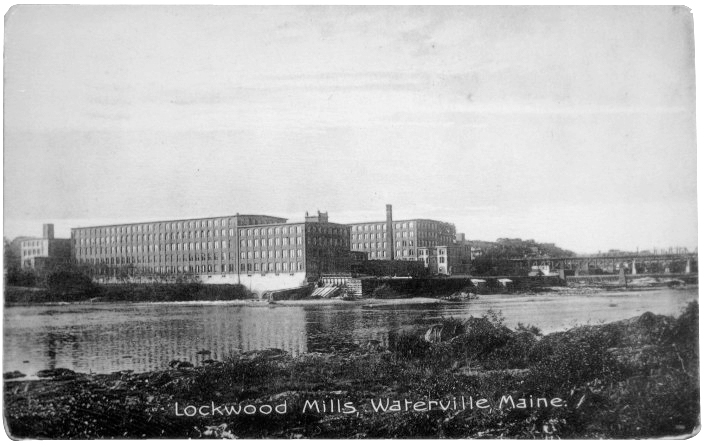Have I seen Ayla Reynolds?
Everywhere I go in my hometown, since mid-December, I have been asked this question. Every time I step into a convenience store, every time I open the door to the gym, every time I walk into my favorite restaurant for lunch, every time I go to my favorite bar for a drink, there’s a picture of Ayla, diminutive tot with a head of white-blond corn silk, smiling out of a photograph from a happier time not all that long ago. And above that photograph, or below it, the ubiquitous question: Have I seen her?

The answer has been, and remains: no. I have not seen her. I, like many others, hope that I will. But instinct and common sense tell me I will not. Instinct and common sense tell me that, since the day she was reported missing, since the day the first search parties were organized and people started lighting candles and holding group prayers and vigils and debating on Facebook and in the local paper’s comments section about what happened to her, where she is, whether either of her parents was fit to raise her, whether state agencies responsible for children’s welfare did their job, since the day our voyeuristic proxy, the media, descended and Nancy Grace primped her hair and punched the clock and counted down three, two, one, and began holding forth in her patent-pending shrill tones, the whole circus of increasingly delusional hope and co-opted grief has been completely, grotesquely moot, because since that day, Ayla Reynolds has in fact been dead, suspended at the bottom of a river, maybe, or buried shallow under a stand of white pines, or somewhere in the most recent geologic layers of a landfill, dead, instinct and common sense tell me, never to be seen again, never to smile again as she does in the flyers posted at the gym and the restaurant and the corner store, the flyers asking me over and over again have you seen her?
*
The whole circus of increasingly delusional hope and co-opted grief began like this:
December 17, 2011, 8:51 a.m.: Justin DiPietro, Ayla Reynolds’s father, reports the twenty-month-old missing from his Waterville, Maine, home. Police searches commence, eventually bringing in canine units, the FBI, and civilian volunteers. The central Maine Morning Sentinel gives the details as they’re known at the time: Ayla’s father and mother do not live together. The child’s arm was...
You have reached your article limit
Sign up for a digital subscription and continue reading all new issues, plus our entire archives, for just $1.50/month.
Already a subscriber? Sign in





